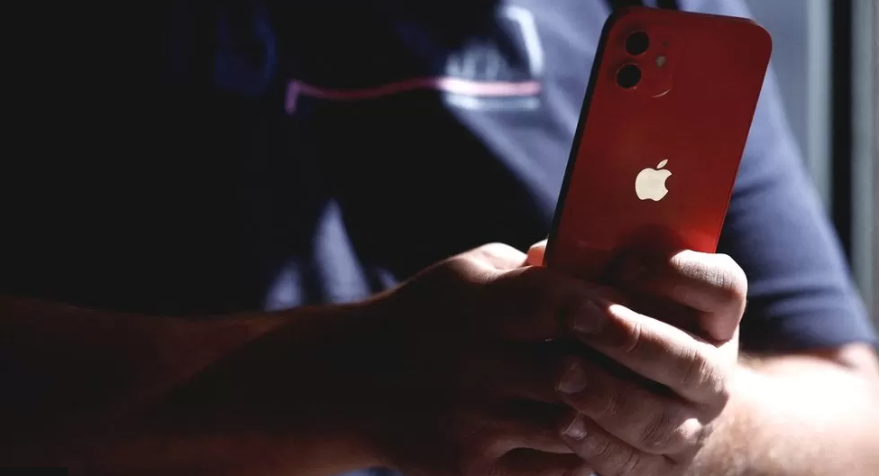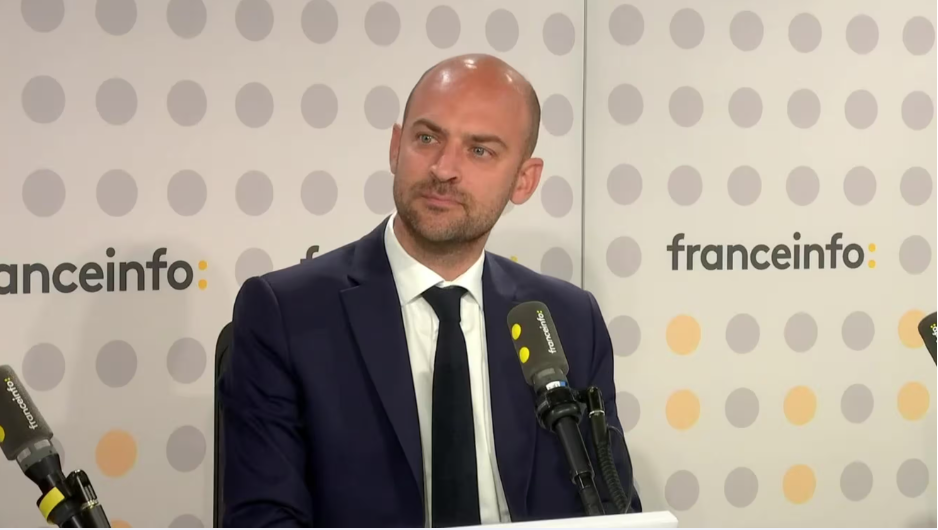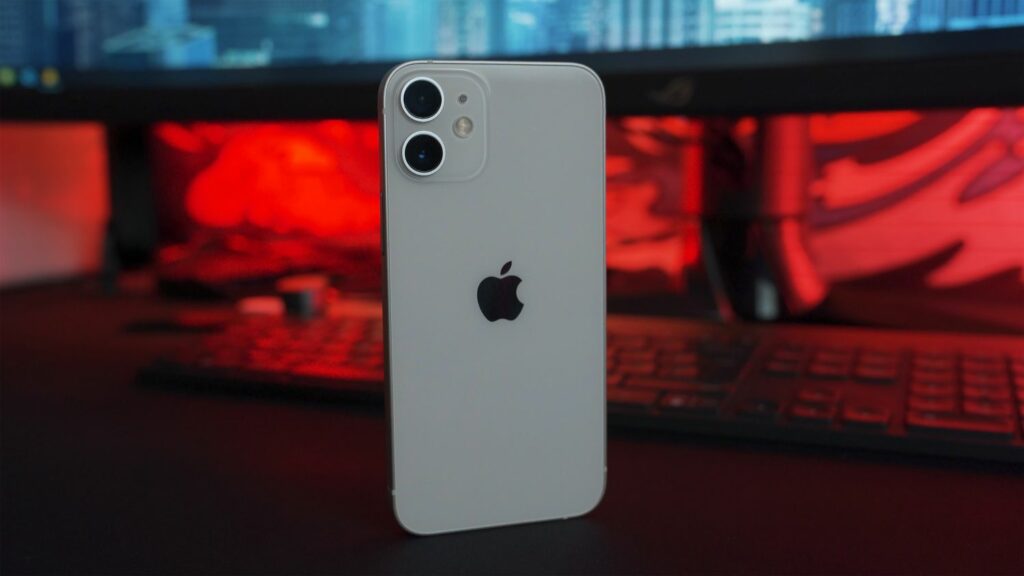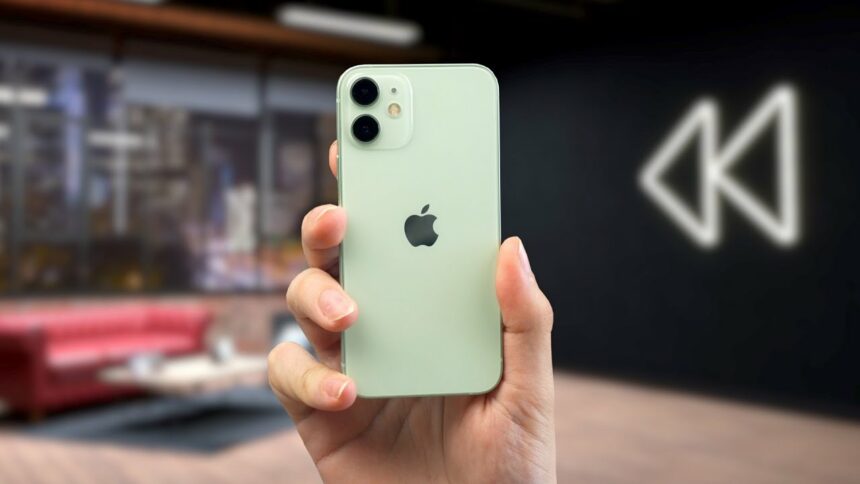French authorities have ordered a halt to the sale of the iPhone 12, citing excessive electromagnetic radiation levels that exceed EU standards. This directive was issued by the National Frequency Agency, responsible for regulating wireless communication frequencies in the country, following the iPhone 12’s failure in one of two required tests.

After conducting tests on 141 phones, the agency found that the iPhone 12’s electromagnetic energy absorption level when held or carried is 5.74 watts per kilogram, surpassing the EU’s standard of 4 watts per kilogram.
It’s important to note that the iPhone 12 did pass a separate test assessing radiation levels when placed in a jacket or bag. In response to these test results, the French regulator has urged Apple to take immediate action to address this matter for devices already in circulation. The agency has pledged to monitor the situation through software updates. If radiation levels remain elevated, the company may be compelled to recall devices already sold.

In the wake of France’s decision to halt iPhone 12 sales within its borders, other European Union (EU) nations, including Belgium, Germany, and the Netherlands, are closely examining the device. Although none of these three countries have officially imposed a sales ban, the possibility remains under consideration. France’s investigation into the iPhone 12 has prompted fellow EU members to assess the situation. Belgium has initiated a review of potential health risks associated with the phone, while Germany, the Netherlands, and even Italy are actively monitoring the matter.
Apple has denied safety concerns regarding the iPhone 12, citing international certifications. They argue that the device complies with radiation requirements in various markets and have shared lab results with the French regulator to support its safety claims.

Implications for iPhone 12 sales and apple product line
Apple recently unveiled the iPhone 15 series and other product updates, but it is now facing a potential scandal, which is the last thing it needs. France’s investigation mirrors this concern. Whether the iPhone 12 is genuinely unsafe or not, the constant media coverage of the issue could significantly impact the company’s sales projections in the European Union (EU) market.
The EU is a crucial market for Apple, as evidenced by its decision to include a USB-C port in the new iPhone 15 model to comply with EU standards. With several countries in the EU now scrutinizing the health risks associated with the iPhone 12, there’s a strong likelihood that many potential buyers within the EU may reconsider their interest in the new product series.








